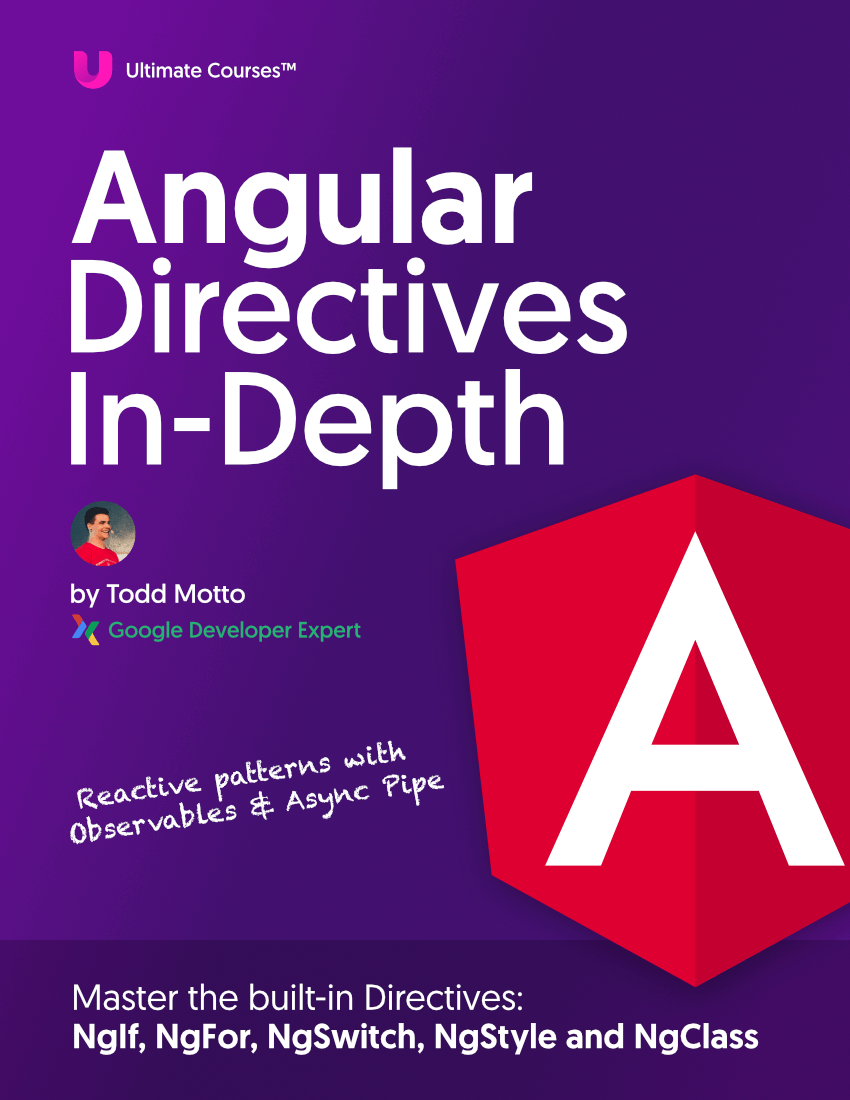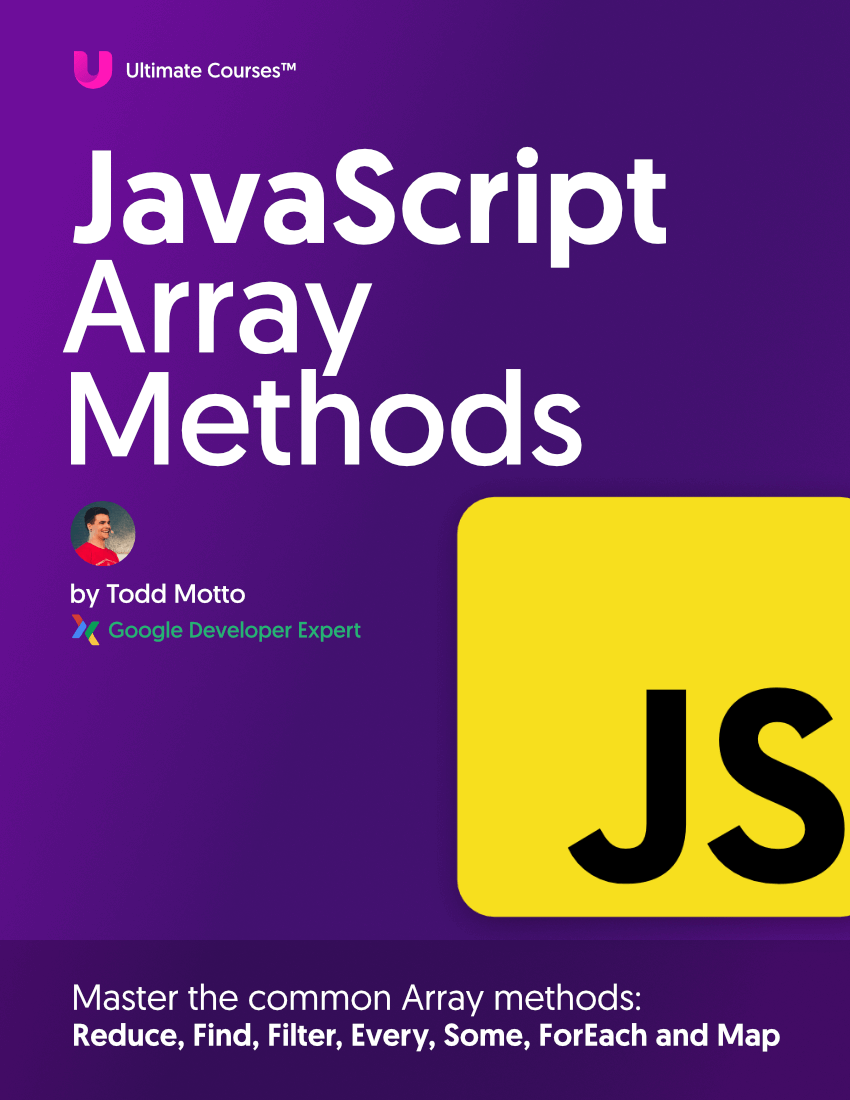Talking at conferences looks like an absolute breeze, but is it? No. It’s stressful, nerving, requires a lot of planning and sometimes things go wrong. Here’s some thoughts and feelings for those wanting to see what it’s actually like to speak from my perspective.
Table of contents
First talk
Before my first official conference talk, I actually spoke at a smaller meetup to get my debut out the way on actually talking to other humans. I arrived at the meetup in London, setup my things, people came into the room, I was really excited, a little nervous I guess. I was introduced to the audience as some guy who enjoys Angular, and I then went to the front, with a microphone and my slides projected up on the wall.
Things started okay, I mean I’m fairly outgoing and end up talking to random people in shops and on the street all the time, so I’ve no problem waffling about JavaScript to people. Or so I thought.
About 15 minutes in, I started getting bad pain in my ribcage, I was trying to pinpoint the issue whilst delivering my content. Then I realised that my lungs were over-inflated. I was apparently so nervous, that my body decided to take a massively deep breath and not let me relax. I tried to override the fact my body had decided to go against me and panic, and I took a brief moment to breathe out very slowly and relax as much as possible. From that moment on, the pain obviously went as I’d decided to let myself actually breathe, and I found the talk much more enjoyable.
It was really nerving, and my first ever talk. I look back at the slides now, and the way they’re put together and were presented were horrible, but we live and learn.
The conference
A few months later, I was back in London delivering a jQuery to JavaScript talk, it was a small track (not on the main stage), but the room was absolutely packed out - wow! I think I started the talk a lot better than the previous one. The nerves actually existed before getting on stage, and once up there seemed to diminish quite quickly - I felt at home with all these people asking fantastic questions and listening intently.

Free eBook
Directives, simple right? Wrong! On the outside they look simple, but even skilled Angular devs haven’t grasped every concept in this eBook.
-
 Observables and Async Pipe
Observables and Async Pipe -
 Identity Checking and Performance
Identity Checking and Performance -
 Web Components <ng-template> syntax
Web Components <ng-template> syntax -
 <ng-container> and Observable Composition
<ng-container> and Observable Composition -
 Advanced Rendering Patterns
Advanced Rendering Patterns -
 Setters and Getters for Styles and Class Bindings
Setters and Getters for Styles and Class Bindings
I received tonnes of feedback about the jQuery to JavaScript talk being “the best one at the conference”, despite it not being main stage. That really inspired me to get even better. Subsequently, I was asked to speak again later that year at another conference under the same company ownership.
New slide decks
I really don’t like giving “new” talks, new slide decks make me really nervous. I hate to say this, and it probably goes against what every other speaker tells you to do:
- I don’t use speaker notes
-
I don’t rehearse the talk end to end after I’ve written all the slides
-
I do, however, prep in my mind as I go long
- I “batch” rehearse, know the flow and know various things I can/will say on each slide
- I know the absolute reason for each slide’s purpose and how it ties into the story/flow
The key for me is to remember what I’m going to say on each slide, so each slide has absolute flow. I enjoy keeping things very raw and conversational like, have a pretty great memory and know what I’m going to say on each slide. I . I wouldn’t enjoy reciting words from a list. If you know your content you don’t need notes - that’s my view. Plus I usually find rehearsing a talk is 100% different to actually delivering one on stage - so I find rehearsing a waste of time. I ensure the flow is right and estimate the time it’ll take me to deliver it. My best guess I finished 25 seconds before the end of my talk - perfect. One last year I went over by 10 minutes (sorry).
We’re just people
It goes without saying, speakers are nothing special. I’m not special, the next guy isn’t special, we’re just people like you. The fact I’m on stage and you’re in the audience doesn’t mean we’re better than you, and speakers should never think that way.
I like to think I’m humble, I sit with the audience until it’s my turn to jump on stage, I talk with the audience afterwards (and even before) about anything they want to talk about - I love that about conferences. Being a speaker is fantastic as you meet so many new people and make new friends.
One thing I found awesome when I first spoke was walking around with this name badge saying “SPEAKER” on, which I was really chuffed with. Now, I’d rather my name badge not say speaker at all, I’m just one of you guys too - as are all the other speakers. I wouldn’t want to walk around promoting the fact I’m a speaker and making sure my lanyard is facing the right way so everyone knows who I am. I often put my lanyard in my bag to just blend in with the audience (and hopefully not looking like I snuck into the conference and getting kicked out)!
Impostor syndrome
I don’t speak at a huge amount of conferences, maybe 2-3 a year - and I’d like to speak at more. But when I do, I feel like an impostor! I don’t mind saying it, but I’m no one special, and I feel extremely valued in being asked to speak. I get a lot of speaking requests throughout Europe and the USA, and can only attend a select few, and really appreciate the asking.
Some refer to me as a “big name”, and I usually end up laughing calling them silly. To me, I’m just a kid in England that enjoys writing code and speaking about it - I don’t put myself on a pedestal and require any special treatment (though if you’re flying me longhaul then complimentary sleeping pills are appreciated).
I’m not sure the impostor feeling will ever disappear, and I hope it doesn’t if I’m honest - it pushes me to deliver better content and not think I’m better than everyone else.
Slide deck stress
Speakers jump on stage, talk through a few bullet points, throw a few quotes in, sprinkle a few memes in, and done. No. We get extremely stressed out about preparing slide decks. I loathe it.
It’s extremely difficult coming up with things to talk about, how to deliver them, how to create the flow, how to engage the audience, how to make them (potentially) laugh, how to leave them with great things to take away and hopefully inspire them to build and learn.
One thing I’ve always done is get my slides ready way before the actual event. This helps reduce your stress, because trust me - there will be stress. I imagined even super seasoned speakers have this as well (unless it’s their main job and they have tonnes of time to do it). But most speakers have a day job, we then see the conference date creeping closer and closer, until suddenly it’s 5 days away and all we’ve got is a blank Google Doc.
My first proper conference talk, we were out for the first day’s conference party, had a few beers, midnight pizza and I got back to the hotel room and fear struck me like “oh my god, I’m not going to fill 40 minutes”. I sat up til 4am adding tonnes more slides, and I’m thankful I did. I was tired the next day and the stress wasn’t worth it. Timing is crucial.
Up on stage
When you’re actually on stage, the first 1-2 minutes I find the hardest, how do you transition from saying hello to actually digging into your content? I usually say hello, introduce myself (I don’t go there expecting everyone to know who I am, nor would I want to come across that way), and then talk about the agenda or what I’m going to talk about.
By this time, the nerves have gone and I’m in my “focus” mode. Then, 30 seconds pass and the talk is over. It goes so fast, and I think that’s down to being passionate about what you’re talking about. My last talk I thought I was about 10 minutes in, and I was actually 50 minutes in and ran over time.
The crowd may look bored, people will look at their phones, people will leave, people won’t pay attention at all, people will stare at you like you’re dressed in a dragon costume. It can be daunting, but as soon as you step off stage, the first thing I do is check twitter. I then see people quoting my talk, taking photos of slides and me talking about things - and it gives me that successful boost that I’ve achieved something - even if just one person benefitted from the talk.
Tips and tricks
Thankfully, through years of staring out a MacBook 24/7, my eyesight has gotten worse. I require glasses for driving and reading things long distance, and for me, I never wear my glasses anymore whilst speaking on stage. This helps me overcome any psychological nerves I have, and by not using my glasses makes you all super blurry and it eases speaking.
I’d be interested in hearing feedback from other speakers, or even those looking to speak. The stage is a lot more frightening with a thousand eyes pointed at you! :)


